Nautilus Institute’s Policy Forum‘s focus is on the timely publication of expert analysis and op-ed style pieces on the foremost of security-related issues to Northeast Asia. Its mission is to facilitate a multilateral flow of information among an international network of policy-makers, analysts, scholars, media, and readers. Policy Forum essays are typically from a wide range of expertise, political orientations, as well as geographic regions and seeks to present readers with opinions and analysis by experts on the issues as well as alternative voices not typically presented or heard. Feedback, comments, responses from Policy Forum readers are highly encouraged.
Policy Forum 10-060: Korean Peninsula at a New Juncture of War and Peace: Between Aggressive Deterrent and Escalating Risk of War
Tong Kim, visiting professor at the University of North Korean Studies and visiting research professor at Korea University, writes, “If the South Korean government were operating in the wake of the Yeonpyeong incident with the assumption that the North Koreans would not be ready for a war, it would be too risky. President Lee said, “…a disgraceful peace achieved through intimidation only brings greater harm in the end. Only courage that defies retreat under any threat or provocation will bring about genuine peace.” The South Koreans do not have to be intimated or retreat from threats or provocation. Yet, they should be able to find a better path to achieve “genuine peace” with confidence that they can prevent a war that nobody wants. It will take courage to talk to the North in the current environment. Maybe dialogue should wait until the dust settles. Nevertheless, dialogue is the best solution. People want peace, not war. Peace is achievable.”
Go to the articlePolicy Forum 10-059: Strategy for a Northeast Asia Nuclear Weapon-Free Zone as a step to “Common Security”
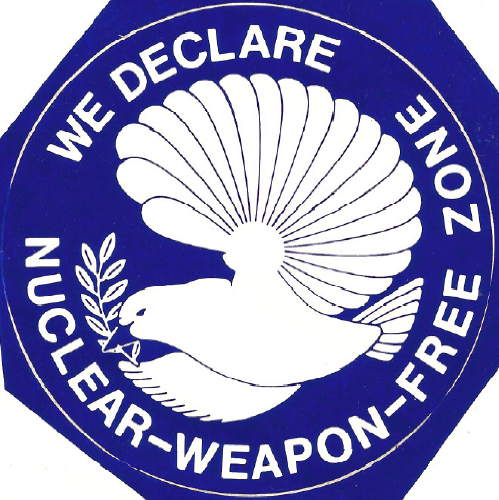
Yuasa Ichiro, President of the Peace Depot, writes, “The formation of a NEA-NWFZ will be a significant initial step to establish a non-military security in Northeast Asia. Through the multilateral treaty talks, confidence among concerned nations will be built. It could also be an opportunity to pave the way to an agreement of no attack and renunciation of war. This is indeed a process toward a “Common security” in the region and I strongly believe that the cooperation of citizens in the Asia-Pacific area to this end would contribute greatly to reduce the military expense.”
Go to the articlePolicy Forum 10-058: Climate Change and Regime Longevity in the DPRK
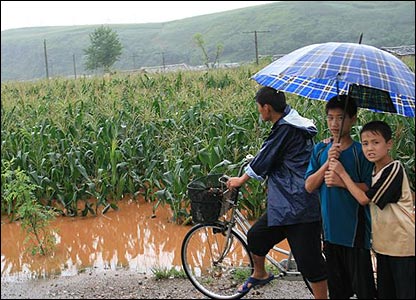
Ben Habib, a Lecturer in Politics and International Relations in the School of Social Sciences at La Trobe University, writes, “In the short to medium term, climate-driven food insecurity is likely to pull Pyongyang into increasing reliance on its nuclear weapons program as leverage to bargain for international largesse in the form of food, energy and fertiliser supplies. The increased importance of the nuclear bargaining chip in the context of climate change, in conjunction with the numerous other justifications for its nuclear proliferation (domestic politics, security, ideology), makes it even more unlikely that the regime will relinquish its nuclear weapons capability.”
Go to the articlePolicy Forum 10-057: Time to Talk: The Threat of Nuclear and Conventional War in Korea
Peter Hayes, Executive Director of the Nautilus Institute, writes, “The probability that a major war could start due to provocations by either side is unknown but finite. So any increase in the risk such as this kind of palpable, visible tension poses the possibility of unacceptable and uncontrollable escalation… The only way to reduce the risk of war is to restart dialogue between the parties to the Korean conflict, most importantly, between the United States and the North.”
Go to the articlePolicy Forum 10-056: DPRK Enriched Uranium Highlights Need for New US DPRK Policy
Peter Hayes, Executive Director of the Nautilus Institute, writes that the United States must, “shift the frame of reference from one focused solely on the DPRK’s nuclear threat to a regional strategy that creates a nuclear weapon free zone covering the two Koreas and Japan… This approach would recognize the DPRK as a legitimate state, but deny it nuclear weapons state-status, and calibrate its gains from joining the Zone to the pace of its nuclear disarmament, especially guarantees from nuclear weapons states to not target it… putting a plausible and credible zone in place that would stabilize the situation, devalue the DPRK’s nuclear capacities, and put the six parties back onto the denuclearization track.”
Go to the articlePolicy Forum 10-055: Lessons Learned from the North Korean Nuclear Crises
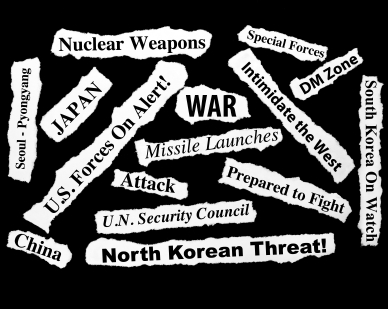
Siegfried S. Hecker, professor at Stanford University and Co-Director of the Center for International Security and Cooperation, writes, “Military might is the only source of Pyongyang’s diplomatic power today. Nuclear weapons have become central to the projection of its military might, in spite of the fact that its nuclear arsenal has little war-fighting utility. Pyongyang views nuclear weapons as diplomatic equalizers with its much more prosperous and powerful, but non-nuclear rivals, South Korea and Japan. Without nuclear weapons, North Korea would get scant attention from the international community. Many believe that the bomb is only a bargaining chip and that North Korea is willing to sell it for the right price. However, for reasons stated above, there is no price high enough for Pyongyang to sell. It is also not about to give up its nuclear weapons first as a condition of normalization. Pyongyang may agree to denuclearize in principle, but it will drag out implementation as it did during the six-party process.”
Go to the articlePolicy Forum 10-054: Rethinking Extended Deterrence in Northeast Asia
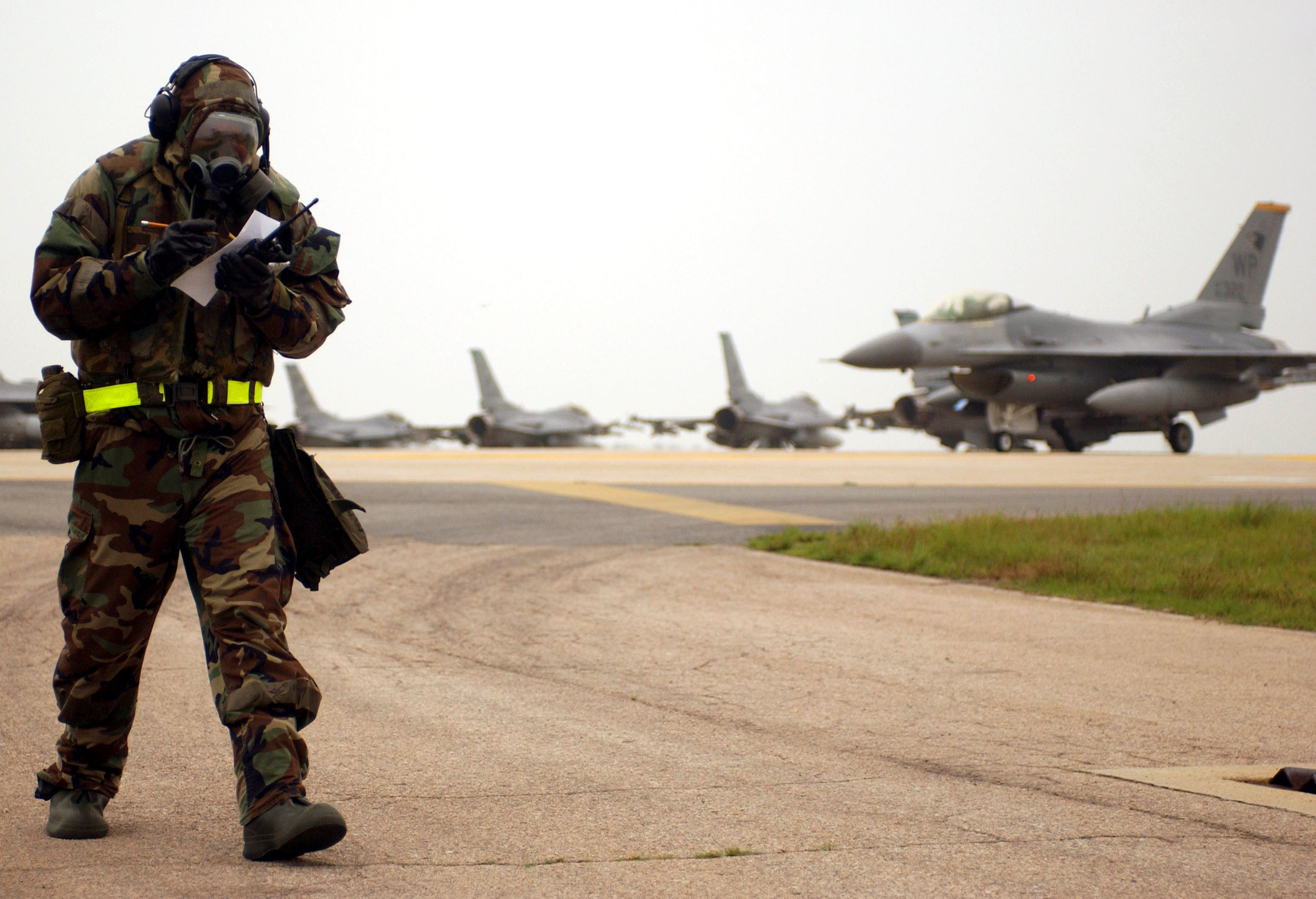
Jeffrey Lewis, Director of the Nuclear Strategy and Nonproliferation Initiative at the New America Foundation, writes “Rather than focusing on extended deterrence and nuclear capabilities in particular, I would suggest we think about what might be called “extended defense”—what are the actual capabilities that the United States and its allies in Northeast Asia would procure and deploy to deal with the most urgent threats? These are increasingly missile defenses and antisubmarine warfare capabilities, not nuclear cruise missiles and bomber bases. The excessive focus on nuclear capabilities has stunted the US dialogue with its security partners in Northeast Asia, wrongly placing the emphasis on ephemeral capabilities that will necessarily evolve instead of shared interests and values that will endure.”
Go to the articlePolicy Forum 10-053: A Northeast Asian Nuclear Weapon-Free Zone Is Unrealistic
Masashi Nishihara, President of the Research Institute for Peace and Security in Japan, writes, “Should Japan and South Korea declare a nuclear weapon-free zone? My answer is: “No, not without a substantial change in the regime in North Korea.” Certainly the idea of such a zone is intriguing, but it is just not realistic.”
Go to the articlePolicy Forum 10-052: Hu Jintao, Deng Xiaoping or Another Mao Zedong? Power Restructuring in North Korea
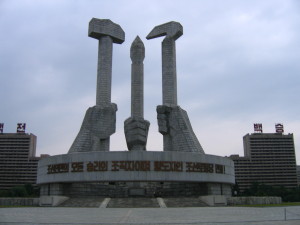
Ruediger Frank, a Professor of East Asian Economy and Society at the University of Vienna and Deputy Head of the Department of East Asian Studies, writes, “The Party meeting provided final proof of what has often been doubted since Kim Jong Il took over as leader of North Korea after 1994. All the other things one might say about him notwithstanding, Kim Il Sung undisputedly was an able politician. He did not choose his eldest son Kim Jong Il as his successor by chance. Despite his health problems, Kim Jong Il is (still) able to play the power game. He paved the way for a new leadership without turning himself into a lame duck. He did so by not leaving any important posts to somebody else—although, at the same time, he did not monopolize those positions. He distributed power among a core group of family members and his father’s loyalists, while also ensuring that none of them can be certain to be significantly higher-ranking than any of their colleagues.”
Go to the articlePolicy Forum 10-051: The Status Quo Isn’t Working: A Nuke-Free Zone Is Needed Now

Peter Hayes, Executive Director of the Nautilus Institute, writes, “One thing is clear about past attempts to denuclearize North Korea: They have been an abysmal failure. They have not afforded Pyongyang the sense of security it needs to take real steps to give up its nuclear weapons ambitions. The idea of a South Korea-Japan nuclear weapon-free zone provides a fresh approach that might just work.”
Go to the article
